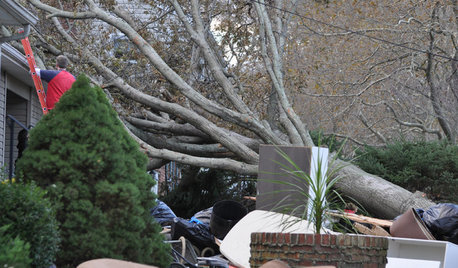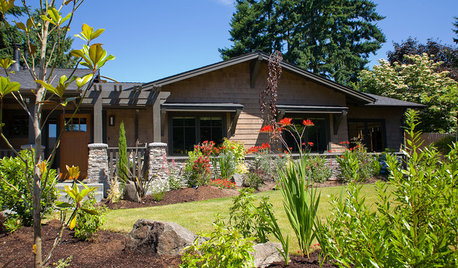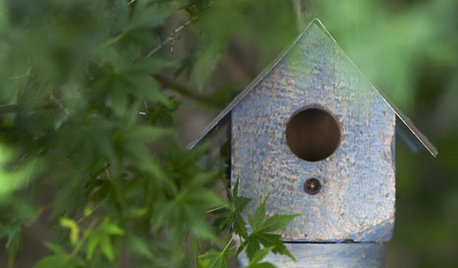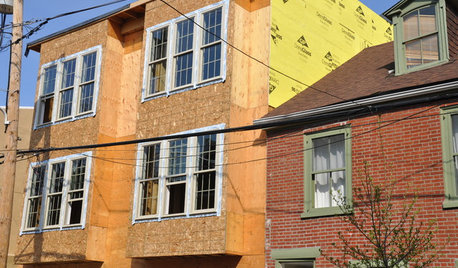Help save the Florida Torreya
myrtleoak
16 years ago
Related Stories

LIFEDecluttering — How to Get the Help You Need
Don't worry if you can't shed stuff and organize alone; help is at your disposal
Full Story
MOVINGRelocating Help: 8 Tips for a Happier Long-Distance Move
Trash bags, houseplants and a good cry all have their role when it comes to this major life change
Full Story
KITCHEN DESIGNHere's Help for Your Next Appliance Shopping Trip
It may be time to think about your appliances in a new way. These guides can help you set up your kitchen for how you like to cook
Full Story
BATHROOM MAKEOVERSRoom of the Day: See the Bathroom That Helped a House Sell in a Day
Sophisticated but sensitive bathroom upgrades help a century-old house move fast on the market
Full Story
ORGANIZINGGet the Organizing Help You Need (Finally!)
Imagine having your closet whipped into shape by someone else. That’s the power of working with a pro
Full Story
DISASTER PREP & RECOVERY7 Ways to Help Someone Hit by a Hurricane
The best things you can do in the wake of devastation are sometimes the most surprising
Full Story
ARCHITECTUREHouse-Hunting Help: If You Could Pick Your Home Style ...
Love an open layout? Steer clear of Victorians. Hate stairs? Sidle up to a ranch. Whatever home you're looking for, this guide can help
Full Story
LIFE12 House-Hunting Tips to Help You Make the Right Choice
Stay organized and focused on your quest for a new home, to make the search easier and avoid surprises later
Full Story
GARDENING AND LANDSCAPINGBe a Citizen Scientist to Help Wildlife, Learn and Have Fun Too
Track butterflies, study birds, capture stars ... when you aid monitoring efforts, you’re lending Mother Nature a hand
Full Story
WORKING WITH PROS5 Steps to Help You Hire the Right Contractor
Don't take chances on this all-important team member. Find the best general contractor for your remodel or new build by heeding this advice
Full StorySponsored






bigorangevol
brandon7 TN_zone7
Related Professionals
Accokeek Landscape Architects & Landscape Designers · Edwardsville Landscape Contractors · Essex Landscape Contractors · Fuquay-Varina Landscape Contractors · Gaithersburg Landscape Contractors · Mashpee Landscape Contractors · Milford Mill Landscape Contractors · Shafter Landscape Contractors · Carpinteria Solar Energy Systems · Boone Roofing & Gutters · Fitchburg Roofing & Gutters · Jefferson Hills Roofing & Gutters · Sauk Village Roofing & Gutters · Wayne Roofing & Gutters · West Orange Roofing & Gutterschristnpalm
Soeur
brandon7 TN_zone7
bigorangevol
myrtleoakOriginal Author